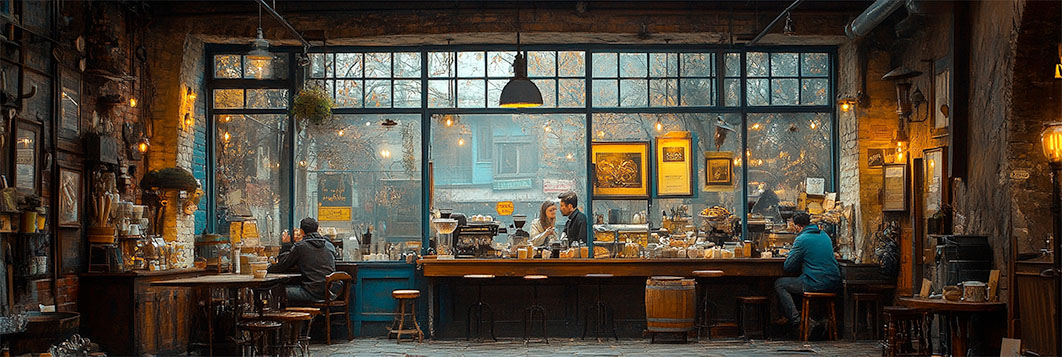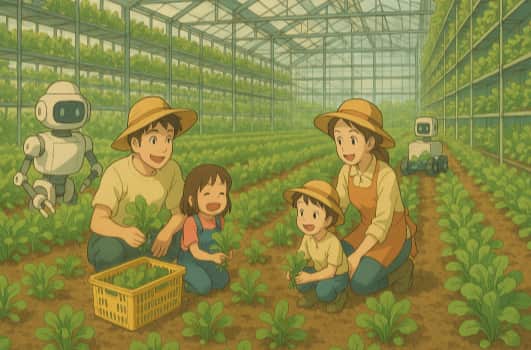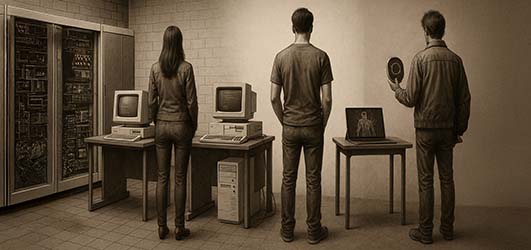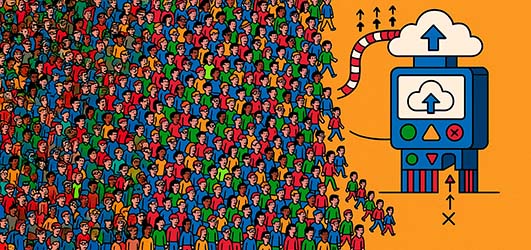Semi-automation
Can Machines Crave the Warmth of Our Souls? Or Will Their Cold Precision Consume Us All?
We crave super-smart assistants and even potentially human-killing superintelligences because they promise productivity boosts. But high productivity and hyper-efficiency sometimes ruin everything. Those cases are rare, but they do exist.
Romantic atmospheres, for example, often conflict with optimization. And I don’t just mean romantic as in intimacy — I mean those times you stumble into a cozy bar with live music, or someone’s preparing your meal slowly at a famous spot. In those moments, you want to slow down. You want things to be inefficient, and definitely not automated.
As technology, robotics, and automation spread deeper into every corner of life, we’ll start to value the non-automated more and more. Sure, there will be plenty of fake “handmade-style” experiences, but in a world where basic needs are solved, there could be a massive renaissance of what’s real — or whatever will replace the word authentic. A return to warmth and imperfection, on levels we can’t really imagine yet — just like we can’t quite imagine a world of abundant generosity with no need to work.
Lem, in Solaris, also touched on the importance of subjectivity — that as humans, our own context still matters deeply. Consciousness is, in many ways, how we feel, which makes it ultra-subjective. Then again, who knows? Maybe machines will get so good at mimicking that kind of subjectivity, we won’t be able to tell the difference. That idea, of course, was most beautifully explored in the original Blade Runner — where the line between real and fake blurs so much that the only thing left is the feeling of realness. And once we reach that point… maybe automation won’t ruin anything anymore. Or maybe it’ll ruin everything.
Tags: futurepredictionai



